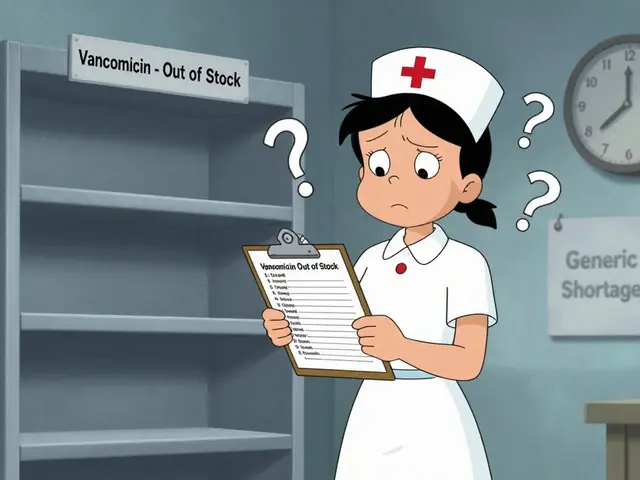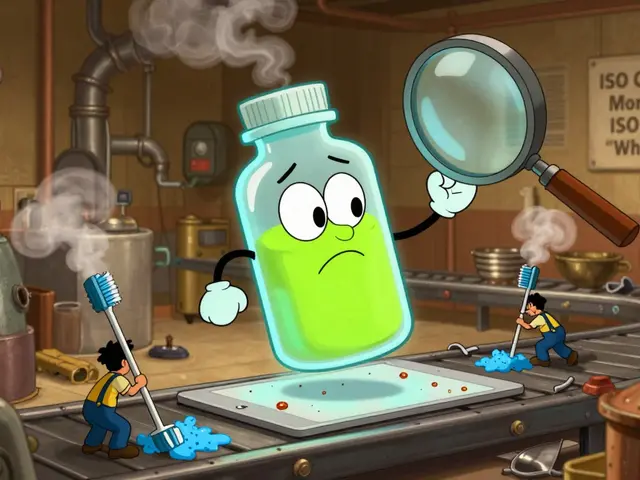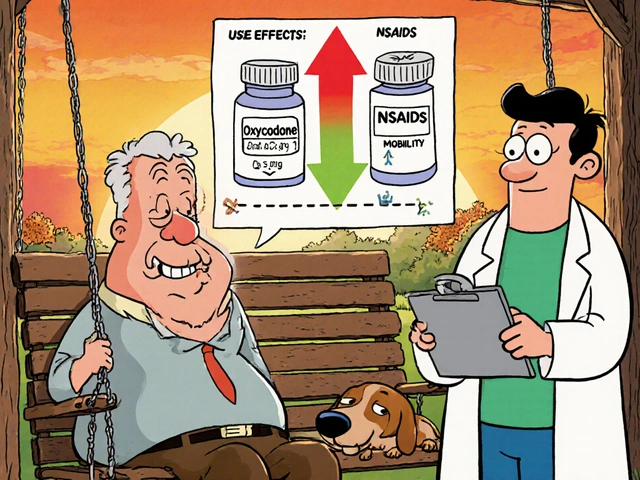Stroke Prevention: Simple Steps You Can Take Today
Strokes are scary, but most of them happen because of things we can change. Fancy medical jargon isn’t needed to protect your brain – just a few clear actions and the right meds. Below you’ll find the core habits, the most common drugs, and quick ways to stay ahead of a stroke.
Everyday habits that cut stroke risk
First up, look at your daily routine. Eating too much salt, skipping exercise, and smoking are the biggest red flags. Swap salty snacks for fresh fruit or veggies, aim for at least 30 minutes of brisk walking a day, and if you smoke, ask your doctor about nicotine patches or a quit‑line. Even a short nap can help lower blood pressure, which is a major stroke trigger.
Don’t forget to keep an eye on your weight. A BMI over 30 raises the chance of a clot forming in your arteries. Tracking meals on a phone app can make it easier to stay within a healthy range without feeling deprived.
Medications that protect your brain
When habit changes aren’t enough, doctors often prescribe medicines that directly lower stroke risk. Here are the top three you’ll hear about:
- Antiplatelet drugs – aspirin or clopidogrel keep platelets from sticking together, which stops clots before they block a brain vessel.
- Blood‑pressure pills – ACE inhibitors, ARBs, and thiazide diuretics are proven to cut stroke rates by keeping pressure in the safe zone (under 130/80 for most people).
- Statins – these cholesterol‑lowering meds also stabilize plaque in arteries, reducing the chance a piece breaks off and travels to the brain.
Always talk to your pharmacist about side effects and how to take each drug properly. For example, aspirin should be taken with food to avoid stomach upset, and statins work best when you stick to the same time each day.
Pharma Pulse Weekly keeps an up‑to‑date library of drug reviews, so you can quickly check dosage, interactions, and any new safety alerts. Just type the medication name into the search bar and you’ll get a plain‑language summary.
Other meds you might hear about include anticoagulants (like apixaban) for people with atrial fibrillation, and newer diabetes drugs that also lower heart‑related events. If you’re on any of these, ask your doctor how they fit into your overall stroke‑prevention plan.
Combining lifestyle tweaks with the right prescription gives you the best odds of staying stroke‑free. Keep a weekly checklist: blood pressure reading, medication refill, a short walk, and a fruit‑or‑veggie serving. Small wins add up, and your brain will thank you.
Ready to dive deeper? Browse our tag archive for articles on blood‑pressure meds, cholesterol control, and safe online pharmacy tips. Knowledge is power, and staying informed is the easiest part of stroke prevention.







Categories